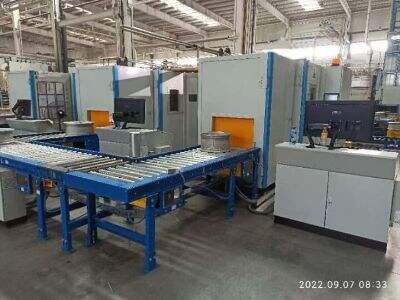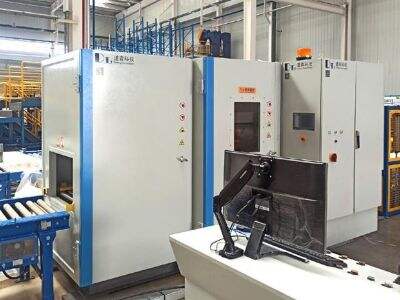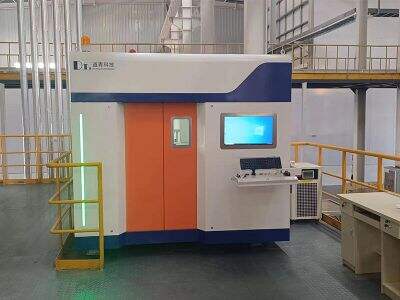Top 5 Non-Destructive Testing Equipment Suppliers in China
Non-destructive testing equipment is a type of equipment that helps in detecting defects or flaws in materials without causing any damage. These equipment come in different shapes and sizes, with different applications in industries such as aerospace, construction, and automotive we will be highlighting the top 5 non-destructive testing equipment suppliers in China, their advantages, innovations, use, safety, service, quality, and applications.
Advantages

There are several advantages to using non-destructive testing equipment. Firstly, it helps in detecting defects early on, preventing downtime, failures, and losses. Secondly, it saves significant costs compared to destructive testing methods, where materials are destroyed after testing. Thirdly, Dothing ensures safety by detecting any defects in materials that could lead to catastrophic failures.
Innovation
Innovation in non-destructive testing equipment has led to the development of highly advanced equipment that can detect defects faster, with higher accuracy, and reliability. The introduction of Artificial Intelligence (AI) and Machine Learning (ML) algorithms has significantly improved the speed and accuracy of detecting defects in materials.
Safety
Safety is a crucial aspect of non-destructive testing equipment. As these devices can work with radiation, electromagnetic waves, and hazardous chemicals, it is essential to follow the safety guidelines that come with the equipment. Proper training and certification are also necessary before personnel can operate the equipment.
Use
Non-destructive testing equipment comes in different types to cater to diverse applications. Some of these include Ultrasonic Testing (UT), Magnetic Particle Testing (MPT), Liquid Penetrant Testing (LPT), and Radiographic Testing (RT). For instance, Ultrasonic Testing is used to detect internal defects in materials, while Radiographic Testing detects internal and external defects.
How to Use
To use non-destructive testing equipment, one must follow the guidelines that come with the equipment. These guidelines include factors such as the correct method of testing depending on the type and application, proper calibration of the equipment, and protective gear during operation. Following these guidelines ensures the accurate detection of defects in materials.
Service and Quality
Service and quality are essential aspects of non-destructive testing equipment. The supplier must provide adequate training and support to the user of the equipment. Regular maintenance and calibration of the equipment are also necessary to ensure that the equipment performs optimally.
Applications
Non-destructive testing equipment has broad applications in different industries. In the construction industry, these devices are used to detect defects in materials that could lead to structural failures. In the Automotive industry, these devices are used to detect any defects in the internal parts of the vehicles. In the Aerospace industry, these devices are used to detect defects in parts that could cause plane crashes.

 EN
EN









































 ONLINE
ONLINE